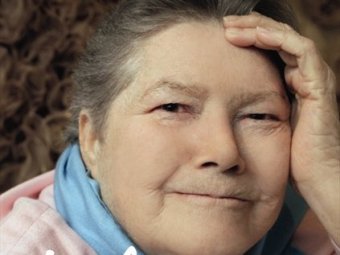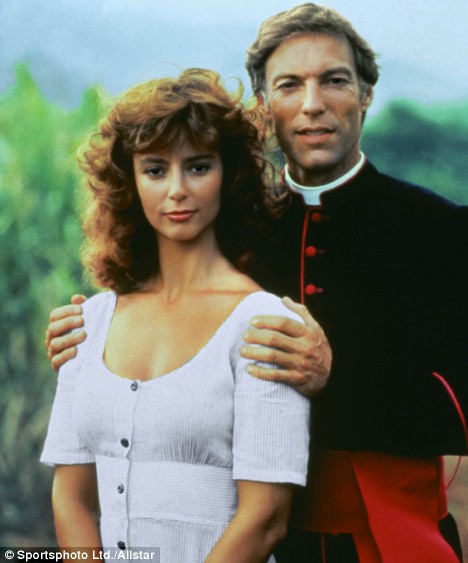In the 80s, a book shop in an old, musty structure in Patiala’s Adalat Bazaar was where you went for magazines and English fiction. I remember being given Rs 20 by my grandmother on my birthday and buying The Fountainhead. I read it without being aware of the capitalist subtext or the glorification of materialism. I read in it integrity and a passion for a life’s purpose, a memorable love story and a new insight into architecture that gave me a lifelong love for design and living spaces. It also taught me that success is not about winning admiration but being true to yourself, no matter what the cost. Till date, I am not swayed by the derision Ayn Rand evokes in a certain section of intelligentsia. She crafted the writer in me. And in the end, a book is about what we take from it.
I am not a reader who goes looking for books. Somehow, at certain phases of my life, certain books have come looking for me. Some have shaped me as a person. Others, as a writer. One of such books was The Thorn Birds. This book like Gone With The Wind and The Far Pavilions was monumental in its scale and yet had the delicate intimacy of a crewel embroidery panel and the power of a symphony. The Australian outback which has been revisited in many Mills & Boon romances has never been painted with more immediacy.
And the forbidden love between Meggie Cleary and Father Ralph was elemental like the sudden fires that ravage the Australian outback and fragile as the faded rose Ralph carries in his Bible. The book was about the violence poverty inflicts on people, about the cruel oblivion that the privileged live in. It was about the clash between humanness and religious dogma. About the pain we choose to inflict upon ourselves and others. And there was Drogheda, a sheep station with a majestic home that had the sentimental beauty of Tara and Manderley. Drogheda with its bounty of roses and steely resolve could survive anything. Droughts and fires, death and toxic tragedy. I still remember the sense of release I felt when the malevolent presence of Mary Carson is swept away by the new lady of the manor, Fiona Cleary who paints the aged walls white, puts up rose-sprinkled wall panels and places Aubussun carpets on the floor. And then in a final hurrah, liberates an old chandelier from chains and lets it sparkle. The memories of the book were cemented by the television series starring Rachel Ward and Richard Chamberlain with haunting music by Henry Mancini.
I never knew much about the woman behind all these memories till Colleen McCullough passed away and an obituary describing her as plain and overweight stirred a debate about just what matters in the end. Your body or your body of work. I guiltily researched McCullough, shamed that I knew so little about her and found just what an acerbic wit she had and how unsparing her insights into the human race were.
She once said, “They love me because I am rich and famous without being beautiful or having slept my way to the top—and, unlike our politicians and financiers, I don’t lie!” The Thorn Birds came from her sense of deprivation that being a top notch neuroscientist had not taken away. She also said, “We were poor white trash. My father was a sugar cane cutter and a terrible miser. My mother married him to escape her family. He married her because he wanted a slave. They hated each other from the word go.”
The tragic drowning of her brother and a childhood steeped in poverty, all came back to torment her when she was writing the book. She self-confessedly loathed her mother and Meggie too because she enjoyed suffering and wallowed in it. The statement made me realise just how different writers are from the books they write and yet how much of themselves they put in them . In the end McCullough was Australia’s national treasure but also a woman whose weight and “plain” looks stopped people from seeing the expanse of her achievements.
But most of all, she was a free spirit. Unafraid to do what Hemingway once said writers needed to learn. To write hard and clear about what hurts. And in doing that McCullough not just plumbed our souls for dormant hurts but also set us free from them.
Though she knew us too well and said in a seminal line from her most famous book, “Then singing among the savage branches, the thorn bird impales itself upon the longest, sharpest spine. And, dying, it rises above its own agony to outcarol the lark and the nightingale. One superlative song, existence the price. But the whole world stills to listen, and God in His heaven smiles. For the best is only bought at the cost of great pain… Or so says the legend.”
Reema Moudgil works for The New Indian Express, Bangalore, is the author of Perfect Eight, the editor of Chicken Soup for the Soul-Indian Women, an artist, a former RJ and a mother. She dreams of a cottage of her own that opens to a garden and where she can write more books, paint, listen to music and just be silent with her cats.








 with
with
As with the author of this blog ”The Thorn Birds’ came looking for me the year that I graduated from school. It was given to me by a family friend an ‘Aunty Mittal’ who knew my love for reading and knew that I had time to kill before I started college.
The forbidden love and the torment suffered by father Ralph was all the more poignant for me given my catholic school background and my knowledge of Catholicism (although I am not a catholic myself). It goes to the credit of the author who manages to convince the reader that there couldn’t possibly be anything wrong with the love that father Ralph and Meggie shared. In fact the reader looks forward to their encounters and forgives the the priest for ignoring his vows. With this book the concept of soul mates first entered my consciousness.
That their (Meggie’s and father Ralph’s) son would follow the order one day did come as a surprise in the book for me. However, the author has endowed the character with qualities that make you love him and somehow also feel that he will be above all temptation-an almost perfect being.
The physical attributes if the author can in no way let me respect her less for this beautiful tale that spans three generations. I was floored by how she got me to change my own views on how giving yourself fully in love and loving with compete abandon couldn’t possibly be wrong.
Must say this blog did bring back some dormant memories!